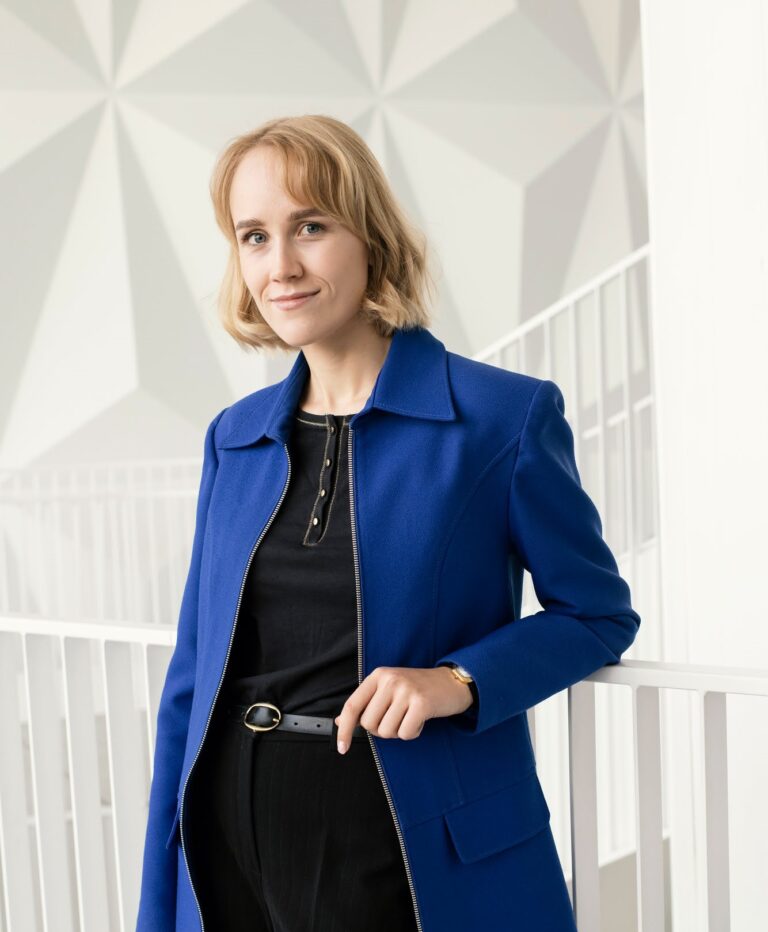Kurkime modernią Lietuvos ateitį kartu
RegistruotisMinistry of Social Security and Labor of the Republic of of Lithuania
Demographic ageing in the labour market: how to increase the employment of older people?
Problem
Population ageing is a significant challenge for society, as it is predicted that by the 2040s, almost half of Lithuanians will be over 50. Despite the demographic situation, many Lithuanians consider aging to be an obstacle to education, and discrimination on the basis of age is more frequent than the EU average.
Perceived age discrimination in Lithuania is one of the highest in Europe. In 2019, according to the Eurobarometer 493, Lithuanians more often than the EU average perceive that age is a discriminatory factor in the labour market (12% difference). Only 47% of the respondents would be satisfied if the highest political post in the state was occupied by a person considered old. This is the worst result in the EU. Also, a Eurofound study showed that workers aged 50 and over in Lithuania feel that they do not receive enough recognition much more often than in other European countries.
The idea of active ageing states that older people should be encouraged to stay in the labour market if they want to and should be provided with suitable working conditions. As the workforce continues to age, the labour market and businesses will need to change to accommodate the changing demographics.
Goal
After conducting an analysis of the current situation in Lithuania and foreign good practices, and involving stakeholders, to refine Lithuania’s priorities, how to solve the challenges posed by demographic ageing in the labour market and use the potential of older people.
Project progress
2023/04/03
One-pager on the main problems of ageing in labour market
2023/07/03
Current situation analysis
2023/07/24
Overview of best foreign practices
2023/08/07
Public consultation results

